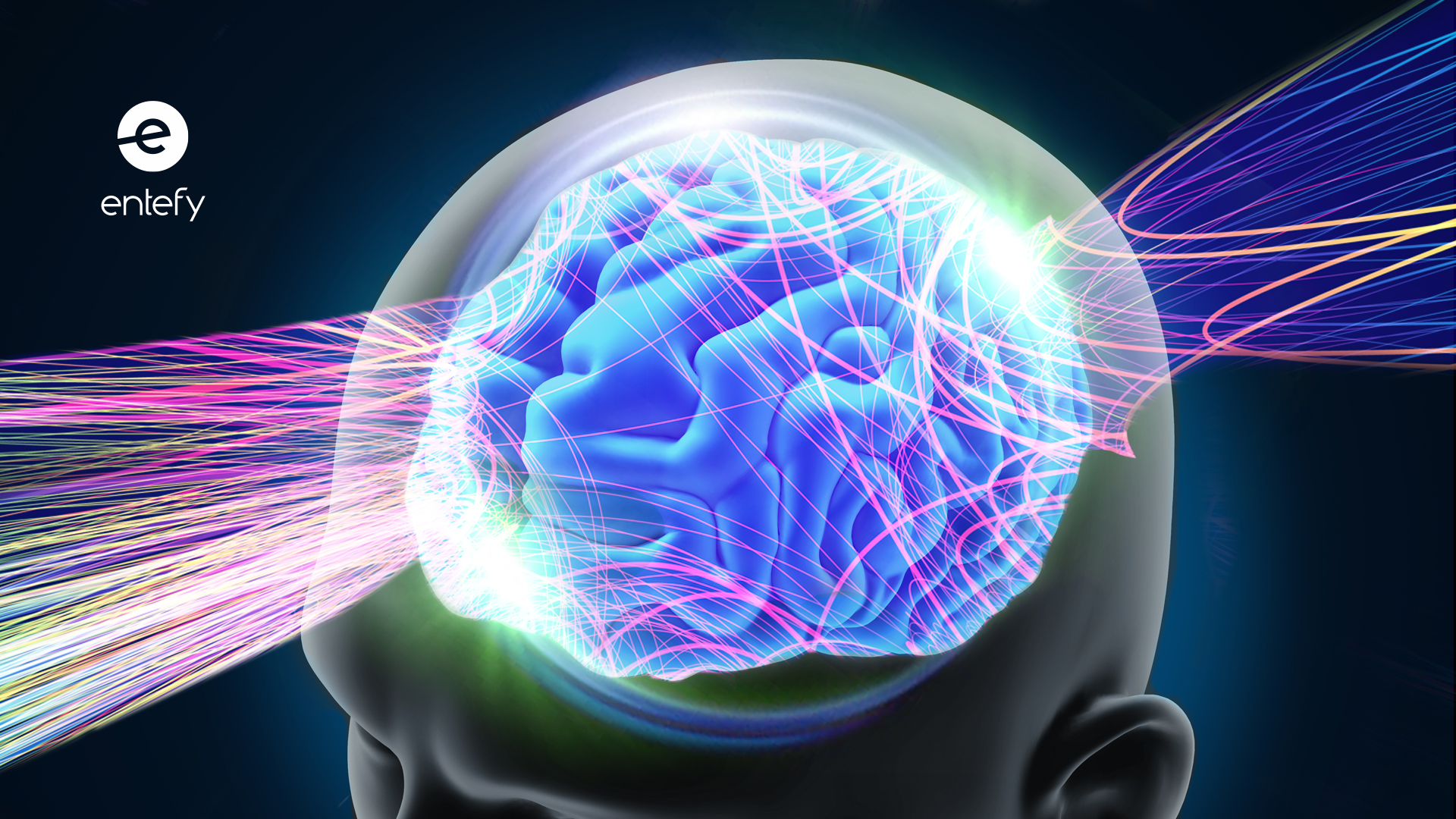We all know the pain of being at a social event and spotting an acquaintance whose name escapes you as they make their way over to say hello. You wrack your brain trying to remember where you met, who introduced you, or any identifying detail that might offer a clue as to how you should greet them. Yet you can’t for the life of you remember their name.
It’s hardly the end of the world, and as we’ll see, we’re all prone it. In informal settings, you might endure a mildly awkward conversation before you both laugh it off. But if that memory lapse happens in a professional setting, the repercussions can be far more consequential. Either way, once you understand how the brain remembers names, you can adopt a few straightforward practices to help ensure you’re never speechless after “Nice to see you…”
Why we never forget a face
Considering how socially valuable name recognition can be, it seems maladaptive to be so forgetful. Yet from an evolutionary perspective, it makes perfect sense. Biologically, humans are wired to remember faces because that’s how we identify members of our tribes. It’s more advantageous to recognize an ally’s face than to focus on details as trivial as his or her name.
Even in the modern world, our brains don’t rank people’s names as high as, say, household objects. Knowing the words for chairs, tables, food, and forms of transportation is universally useful. Names, on the other hand, are ultimately arbitrary, and they tell us little about the person with whom we’re speaking. Sure, it’s socially helpful to know what they like to be called. But our minds prioritize information such as distinguishing facial features, where they work, and even the conversations we have with them beyond their names.
You would think that being able to recall someone’s political views or their love of tennis would jog your memory when you run into them again. But often it doesn’t, because your brain links those details to your memories of the person—not their name. The human brain works by association, so remembering one detail of an interaction usually brings others to the surface as well. Names bear no connection to the other circumstances surrounding the memory, so that information can remain out of reach.
We can also blame our forgetfulness on the perils of modern life. Long-term stress, an affliction shared by Americans of all ages and backgrounds, may cause memory-eroding inflammation in the brain. Anxiety also contributes to memory problems, causing forgetfulness as well as side effects such as difficulty concentrating and poor sleep quality, which further impair people’s memories.
Hacking the name game
Ok, so that’s why most of us are so bad with names. Now here’s what can be done about it. There are ways to boost your recall skills. It starts with relaxing. Because the habits that work here are of little help if you’re in a constant state of stress and anxiety. Daily meditation, journaling, rest, and even behavioral therapy can reduce anxiety and help you think – and remember – more clearly.
Once you’ve done that, here are some steps to try:
- Make associations. Remember how we said human brains are associative? You’ll have an easier time recalling people’s names if you consciously connect certain details to their names. For instance, someone might casually mention her interest in wind surfing or obsession with 80s action movies. Linking those facts to the person’s name gives you an association on which to draw the next time you encounter them. You’ll even get bonus points for remembering their obscure preferences.
- Be present. We’re all guilty of nodding our way through a conversation while we’re mentally checking to do lists or planning what we’re going to cook for dinner. The more distracted your mind, the less chance it has of remembering someone’s name. We are up against biology, after all. Instead, focus on the people with whom you’re speaking. Repeat their names after they introduce themselves and again when you say goodbye. Not only does this show that you’re paying attention, it also cements their name in your mind. Leave your phone in your pocket while chatting as well. Listen to what the other person is saying and ask questions you genuinely want the answers to. When you’re engaged and present, your brain is better able to process and save the details of the interaction.
- Create mnemonics. When all else has failed, create mnemonic devices to get the associative gears turning. A mnemonic device turns a person’s name into an acronym, with each letter representing a word or phrase linked to that person. So, a guy named Pat might Play old-school video games on an Atari every Tuesday night. Make the acronym as unique and specific as possible, because that makes it easier to recall the name quickly.
Forgetting people’s names is as common as it is embarrassing. Using these tips to improve your name recall skills will impress people and show that you’re genuinely interested in them. And that’s the beginning of a potentially long and mutually satisfying relationship.
